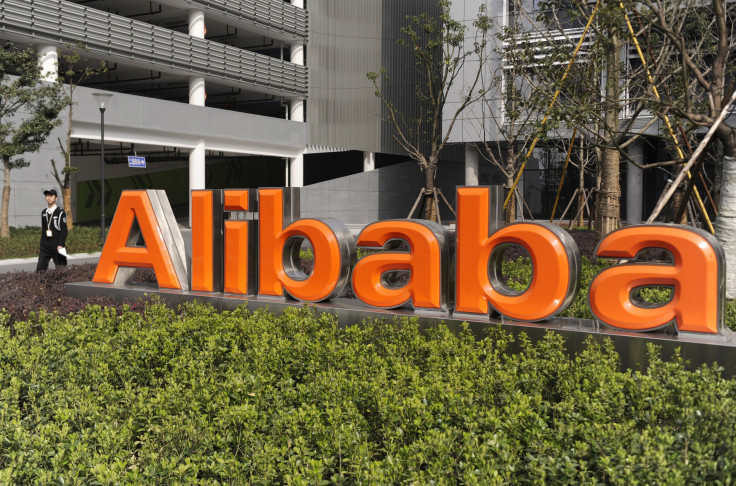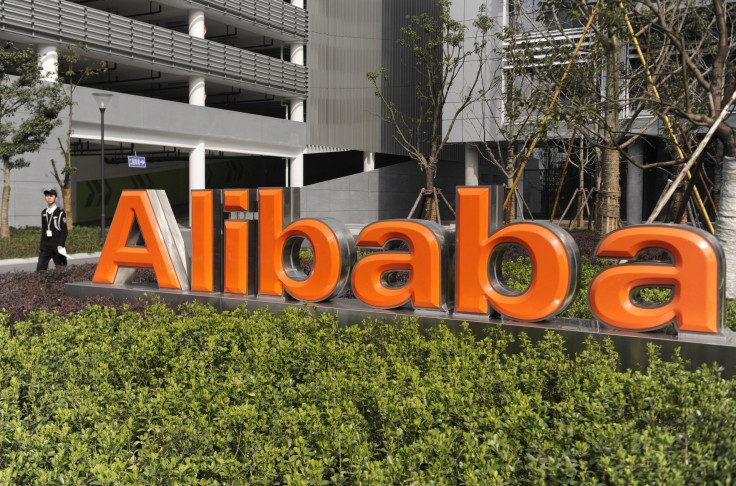Alibaba Subsidiary Lets Small And Medium Sized-Companies Hedge Against Fluctuating Yuan

Alibaba has been making bold and exciting moves in 2013. Most recently, a subsidiary of Alibaba is staying current with the rising yuan by offering a service that allows small and medium-sized companies (SMEs) to trade on its platform to hedge against risks from yuan exchange rate fluctuations.
Recently the yuan has been appreciating fast – in April alone, it rose nearly 0.6 percent against the U.S. dollar, according to Caixin News, a Beijing-based financial and business news website. By contrast, in the entire year of 2012, the yuan appreciated only 0.23 against the dollar.

A more expensive yuan hurts Chinese exporters, because their return from a fixed contract in U.S. dollars decreases – unless the exporter is able to make an offsetting bet on forward exchanges.
This service, offered by domestic banks, has been available only to larger companies in the past. But now, Shenzhen OneTouch Enterprise Services Co. Ltd., an Alibaba subsidiary that serves SMEs trading with foreign businesses, has rolled out a service specifically catering to small and medium-sized companies.
“Each trade order for SMEs values on average at only $30,000,” Xiao Feng, deputy general manager of OneTouch, said. “How is that possible for them to use a forward exchange service that has a threshold of 1 million U.S. dollars?”
The inability to hedge against forex risk has not only cut deep into trading companies' profits as the yuan appreciated, but also discouraged them from taking long-term orders, Xiao added, according to Caixin News.
OneTouch’s new service pools small companies’ hedging needs together and deal with banks on their behalf, according to Cao Liulang, the financial director of OneTouch.
The companies can make a request online and OneTouch arranges a forward exchange agreement with banks for them, Cao said. This allows them to avoid losses that might occur from yuan exchange rate fluctuations for up to 12 months. OneTouch does not charge for the service, Caixin reported.
© Copyright IBTimes 2024. All rights reserved.





















